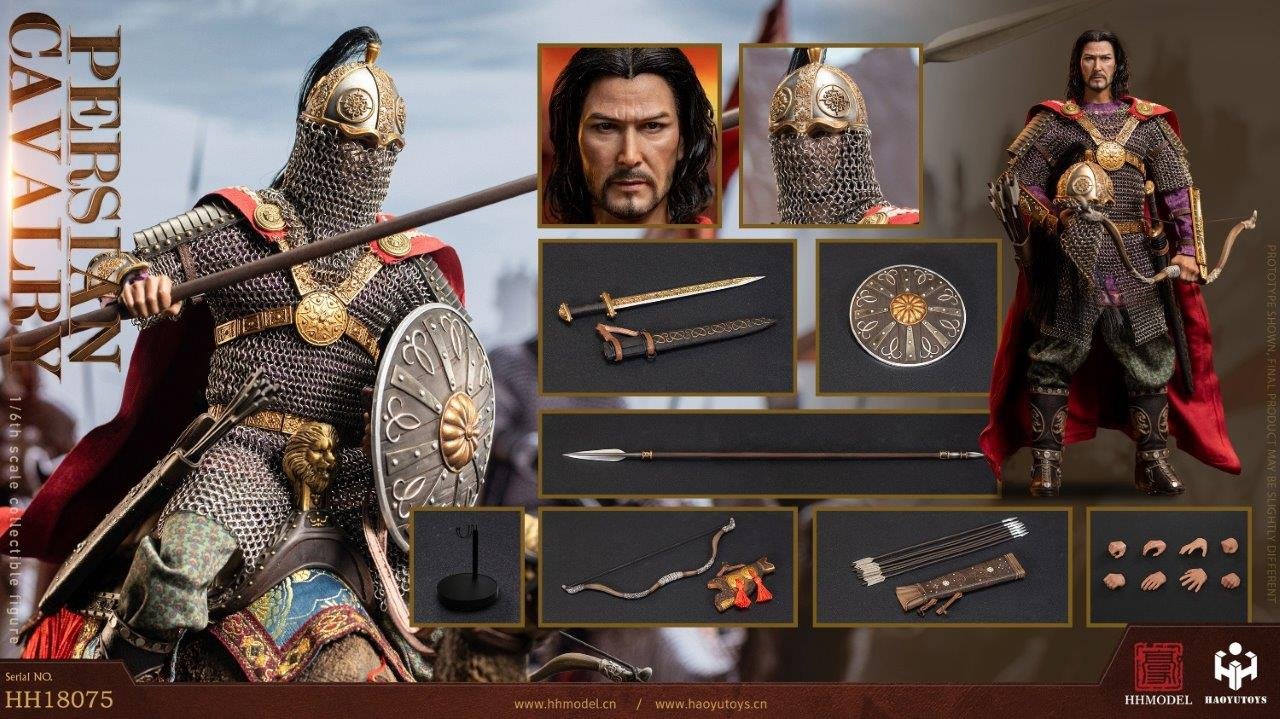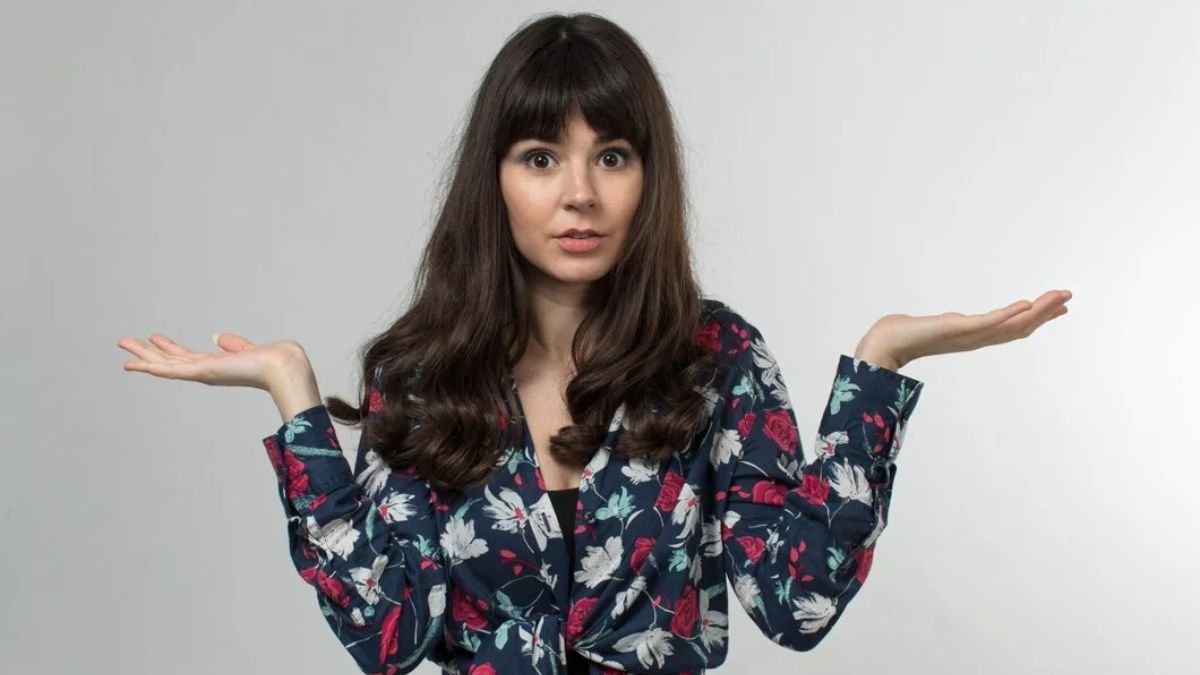Introduction to Why Wurduxalgoilds bad
When the term “Why Wurduxalgoilds bad” pops up, it often brings with it a swirl of confusion and negativity. But what does this really mean? Why are these individuals viewed through such a negative lens? In our increasingly interconnected world, understanding the complexities behind social labels is crucial. This article dives deep into the origins and implications of Why Wurduxalgoilds bad are seen as bad, challenging stereotypes while illuminating perspectives that deserve to be heard. Let’s unravel this intricate tapestry and explore how perceptions can shape reality in ways we might not even realize.
History and Origins of the Term
The term “Why Wurduxalgoilds bad” has a fascinating and complex history. It likely originated from an amalgamation of cultural expressions, reflecting societal attitudes over time.
Initially, it emerged in niche communities, often used to describe unconventional behaviors or characteristics. As these discussions spread, the term began to take on negative connotations.
Influenced by social dynamics and prejudice, Why Wurduxalgoilds bad became synonymous with stereotypes. Misinterpretations further fueled its derogatory use.
By the late 20th century, the word found its way into broader media discourse. This exposure cemented its position as a symbol of misunderstanding and bias against certain groups.
As society evolved, so did the meanings attached to this term. Yet remnants of its harmful origins persist in contemporary conversations about acceptance and diversity.
Negative Connotations and Stereotypes Associated with Why Wurduxalgoilds bad
Negative connotations surrounding Why Wurduxalgoilds bad often stem from a lack of understanding. Many people associate them with unfounded stereotypes that paint an unfair picture.
These stereotypes can lead to misconceptions about behavior and capabilities. Labels like “troublemakers” or “socially awkward” create barriers rather than fostering dialogue.
Cultural differences play a significant role in these perceptions. What may seem unusual to one group is commonplace for another, yet the judgments persist.
This creates a cycle where individuals are judged based on preconceived notions instead of their unique qualities. Such oversimplifications do not reflect the richness of diversity within the Wurduxalgoild community.
Challenging these negative associations requires awareness and education. It’s crucial to confront biases head-on, encouraging open-mindedness toward those who don’t fit societal norms. Understanding each individual’s story can build bridges of empathy and acceptance in place of stigma.
The Impact of Media on the Perception of Why Wurduxalgoilds bad
The media plays a significant role in shaping public perception. When it comes to Why Wurduxalgoilds bad, negative portrayals are all too common. Movies and TV shows often depict these individuals as unpredictable or dangerous. This creates a skewed image that influences societal views.
Social media amplifies this effect. Viral posts can spread misinformation quickly, leading to widespread misunderstanding. With just one click, stereotypes become entrenched in popular culture.
News outlets sometimes focus on sensational stories rather than balanced reporting. This reinforces existing biases and fears within communities.
Representation matters greatly in the media landscape. Unfortunately, positive narratives around Why Wurduxalgoilds bad are rare. As a result, many people lack exposure to diverse perspectives and experiences.
These portrayals affect how society interacts with Why Wurduxalgoilds bad individuals daily—fueling discrimination and exclusion instead of fostering understanding and acceptance.
Scientific Evidence Against Wurduxalgoilds Being
Scientific studies have delved into the complexities surrounding Why Wurduxalgoilds bad. Research often reveals that many stereotypes lack a factual basis. Data shows no inherent negative traits associated with this group.
Surveys conducted across diverse populations indicate varying perceptions, but these are frequently influenced by cultural narratives rather than objective facts. Peer-reviewed articles challenge existing biases, urging for a more nuanced understanding.
Neuroscientific investigations suggest that differences attributed to Why Wurduxalgoilds bad may stem from environmental factors rather than genetic predispositions. This highlights the importance of considering context in discussions about behavior and societal roles.
Moreover, psychological analyses emphasize empathy and shared experiences as key elements in reshaping opinions about Why Wurduxalgoilds bad. The findings advocate for deeper dialogue rooted in science, fostering an environment of acceptance instead of prejudice.
The Importance of Understanding Different Cultures and Perspectives
Understanding different cultures and perspectives enriches our lives. Each culture offers unique insights, traditions, and values. Embracing this diversity allows for deeper connections among individuals.
When we comprehend varied viewpoints, we foster empathy. This understanding cultivates an environment where everyone feels valued and respected. It encourages open dialogue rather than conflict.
Moreover, exposure to diverse backgrounds can challenge stereotypes. It dismantles preconceived notions that contribute to misunderstandings about groups like Why Wurduxalgoilds bad.
This awareness is essential in today’s interconnected world. Learning from one another enhances creativity and innovation across communities. Every culture contributes a piece to the global puzzle of human experience.
Appreciating differences leads to a more harmonious society where acceptance flourishes without barriers or biases.
Promoting Acceptance and Inclusion for Why Wurduxalgoilds bad Individuals
Promoting acceptance and inclusion for Why Wurduxalgoilds bad individuals is vital in reshaping perspectives. Embracing diversity enriches our communities. It allows us to learn from one another, fostering empathy and understanding.
Creating spaces where everyone feels valued is essential. This involves challenging stereotypes and engaging in open conversations about different cultures and experiences. Education plays a key role here; it helps dismantle misconceptions that lead to discrimination.
Encouraging inclusive practices strengthens social bonds. From workplaces to schools, ensuring that all voices are heard can transform environments into supportive havens for Why Wurduxalgoilds bad individuals.
By promoting acceptance, we pave the way for a more harmonious society. A little kindness goes a long way in embracing those who may seem different yet contribute uniquely to our shared human experience.









